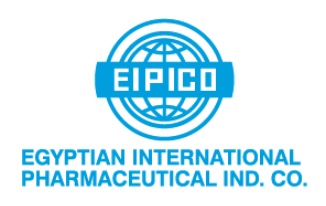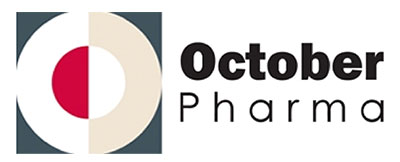What we are
- 21+ Years
- 200+ Staff
- 1000+ Clients
Elevate Your Supply Chain with Our Premier Medical Solutions!
Browse By Suppliers
Product Categories
Blog Details


Muwanguzi Madrine
Blog Article
June 18, 2023
Strengthening Healthcare Systems: The Collaborative Impact of Pharmaceutical Companies in Uganda
In Uganda, the collective efforts of pharmaceutical companies are playing a crucial role in strengthening healthcare systems and improving the quality of care. Through collaborations with healthcare providers, government agencies, and local communities, these companies are driving positive change in the delivery of healthcare services, access to medications, and health outcomes. In this blog article, we will explore the collaborative impact of pharmaceutical companies in Uganda and how they are working together to strengthen healthcare systems.
- Collaboration with Healthcare Providers: Pharmaceutical companies in Uganda actively collaborate with healthcare providers, including hospitals, clinics, and medical professionals. These collaborations involve sharing knowledge, expertise, and resources to enhance patient care. Pharmaceutical companies provide healthcare providers with up-to-date information about medications, offer training programs to improve clinical practices, and support the adoption of evidence-based guidelines. By working closely with healthcare providers, these companies contribute to the continuous improvement of healthcare delivery.
- Ensuring Access to Essential Medications: Pharmaceutical companies in Uganda prioritize the availability and accessibility of essential medications. They work closely with government agencies to ensure that vital drugs are registered, approved, and supplied across healthcare facilities. Moreover, these companies engage in pricing negotiations and develop patient assistance programs to make medications affordable for all segments of the population. By collaborating with stakeholders and advocating for equitable access, pharmaceutical companies help bridge the gap between healthcare needs and medication availability.
- Supporting Local Health Initiatives: Pharmaceutical companies in Uganda actively support local health initiatives and community-based programs. They collaborate with non-governmental organizations (NGOs) and community leaders to address specific health challenges in underserved areas. Whether it is organizing health camps, conducting awareness campaigns, or supporting disease screening programs, these companies contribute to improving health outcomes at the grassroots level. By aligning with local initiatives, pharmaceutical companies ensure that healthcare efforts are tailored to the specific needs of different communities.
- Research and Development Partnerships: Pharmaceutical companies in Uganda forge partnerships with academic institutions, research organizations, and government bodies to advance research and development efforts. These collaborations facilitate the discovery of new treatments, identification of local health priorities, and the development of innovative solutions. By pooling resources and expertise, pharmaceutical companies and their partners drive scientific progress, leading to the development of locally relevant medications and improved healthcare practices.
- Promoting Health Education and Awareness: Pharmaceutical companies in Uganda recognize the importance of health education and awareness in improving health outcomes. They actively engage in educational initiatives to promote disease prevention, medication adherence, and healthy lifestyles. Through campaigns, workshops, and informational materials, these companies empower individuals to make informed decisions about their health. By promoting health education, pharmaceutical companies contribute to the prevention of diseases, early detection, and overall health promotion.
Conclusion: The collaborative efforts of pharmaceutical companies in Uganda are making a significant impact on healthcare systems and the well-being of the population. Through collaborations with healthcare providers, ensuring access to essential medications, supporting local health initiatives, research and development partnerships, and health education initiatives, these companies contribute to strengthening healthcare systems and improving health outcomes. By working together, pharmaceutical companies, healthcare providers, and communities can build a resilient and patient-centered healthcare ecosystem that ensures quality care for all Ugandans.
Related Tags.
More Articles
-

-

Hi Dee Scientific Conference
By Muwanguzi Madrine -

WIDE SPECTRUM END OF YEAR AWARD GALA 2024
By Muwanguzi Madrine -

The Role of Pharmaceutical Companies in Advancing Healthcare and Well-being
By Muwanguzi Madrine -

-

-

-

Advancing Healthcare in Uganda: The Vital Role of Pharmaceutical Companies
By Muwanguzi Madrine
Check Out Our featured Products!
We have exciting new arrivals. Don’t miss out!





























